Enhance your rental property profits with these expert tips on maximizing returns and efficiently managing your investment properties.
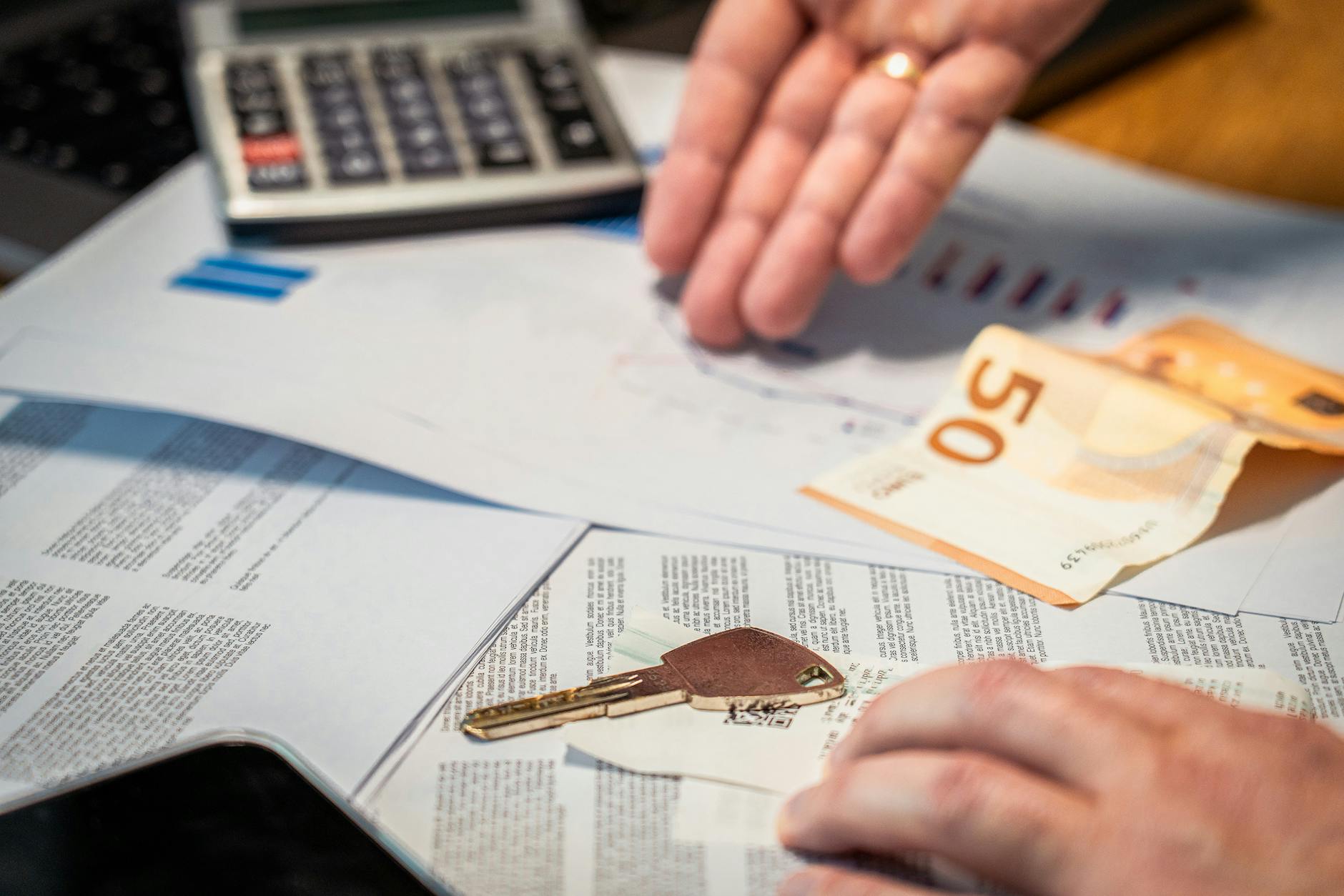
Image courtesy of Jakub Zerdzicki via Pexels
Table of Contents
- Introduction: Making the Most of Your Rental Property
- Understanding Rental Property Management
- Setting the Right Rental Price
- Finding the Best Tenants
- Managing Property Maintenance
- Maximizing Rental Space
- Crafting Clear Rental Agreements
- Handling Tenant Issues
- Using Technology for Management
- Staying Legal and Safe
- Optimizing for Long-Term Success
- Conclusion: Key Takeaways
- FAQs
Introduction: Making the Most of Your Rental Property
Welcome, young readers! Today, we are going to explore the exciting world of managing a rental property and how you can optimize it to make the most money possible. By learning some tips and tricks, you can enhance the revenue you earn from your rental property.
Have you ever wondered how some people make more money from renting out their homes than others? Well, it all comes down to smart management. By following some helpful advice and strategies, you can increase your rental revenue and make your property work for you.
Understanding Rental Property Management
When we talk about how to manage a rental property, we’re discussing the ways in which someone takes care of a place that they own and rent out to others. It’s like being the boss of a little neighborhood! People who are landlords or property managers have the job of making sure everything runs smoothly in these places. Let’s learn more about property management strategies and why they’re so important.
Setting the Right Rental Price
When deciding on the rent for your property, it’s important to find a balance that benefits both you as the landlord and your tenants. Setting the right rental price can ensure that your property stays occupied while also ensuring you receive a fair income.
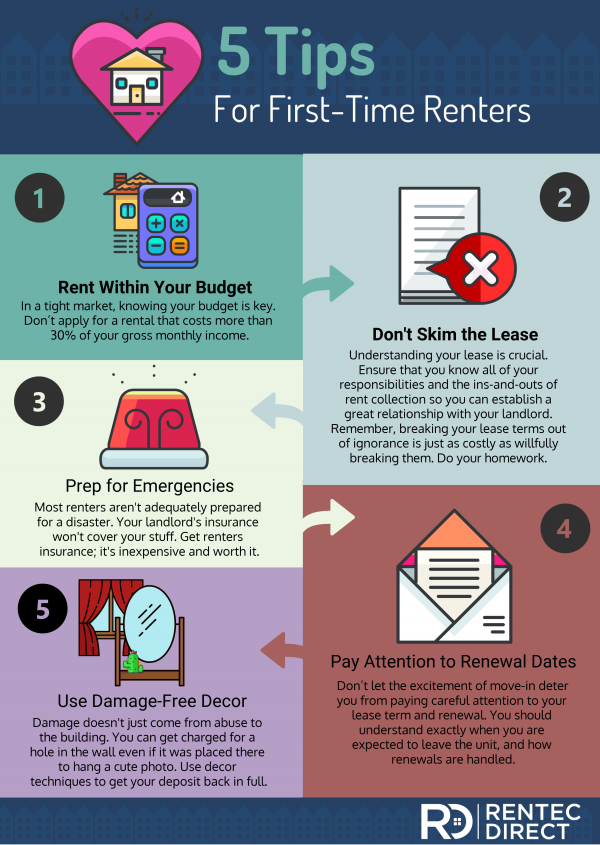
Image courtesy of www.rentecdirect.com via Google Images
Consider Rental Revenue Enhancement
Rental revenue enhancement is all about maximizing the income you receive from your rental property. This can be achieved by setting a competitive rental price that reflects the current market trends while also taking into account the unique features and amenities your property offers.
Before setting the rent, it’s essential to research similar properties in your area to get an idea of what landlords are charging. You can use online resources or speak to real estate agents to gather this information.
Additionally, consider the demand for rental properties in your area. If there is a high demand and low supply, you may be able to set a slightly higher rent than if the market is saturated with available rentals.
It’s also important to factor in any additional costs you may have as a landlord, such as property taxes, insurance, maintenance, and utilities. By understanding your expenses, you can ensure that the rent you set covers these costs while still providing you with a profit.
Finding the Best Tenants
When you own a rental property, it’s crucial to find people who will take care of your place like it’s their own. Responsible tenants pay their rent on time, keep the property clean, and follow the rules you set.
Conducting Background Checks
Before letting someone move into your rental, it’s wise to check their background. This means looking into their rental history, employment status, and criminal record. By doing this, you increase the chances of finding trustworthy tenants.
Requesting References
Asking for references from previous landlords can give you insight into how the potential tenant behaved in the past. Good references from previous landlords can give you peace of mind that they will treat your property with respect.
Meeting Potential Tenants in Person
Meeting face-to-face with potential tenants allows you to get a sense of their character. It’s a great opportunity to ask questions, understand their lifestyle, and see if they would be a good fit for your rental property.
Managing Property Maintenance
Now that you have tenants living in your rental property, it’s important to keep it in good condition. This not only ensures your tenants are happy but also helps maintain the value of your property. Let’s talk about why managing property maintenance is crucial and how you can do it effectively.
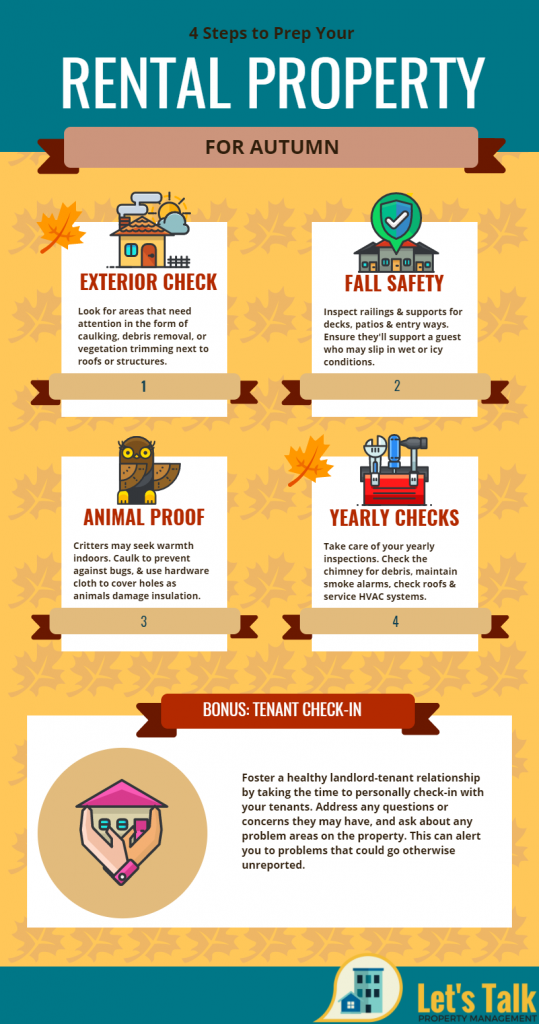
Image courtesy of www.rentecdirect.com via Google Images
Importance of Property Maintenance
Property maintenance involves taking care of the building and making sure everything is in good working order. This includes regular cleaning, fixing any broken items, and addressing any issues that may arise. By keeping your property well-maintained, you can attract and retain good tenants who will respect the space and pay their rent on time.
Effective Property Management Strategies
Here are some key strategies to help you manage the maintenance of your rental property:
1. Regular Inspections: Schedule periodic inspections to check for any problems like leaks, damage, or needed repairs. By catching issues early, you can prevent them from becoming bigger and more costly.
2. Prompt Repairs: When tenants report a problem, make sure to address it quickly. This shows them that you care about their comfort and safety.
3. Preventive Maintenance: Regularly maintain systems like heating, plumbing, and electrical to prevent breakdowns. It’s better to spend a little money on maintenance than a lot on major repairs.
4. Communication: Keep an open line of communication with your tenants. Let them know when maintenance work will be carried out and how it may temporarily affect them.
By following these property management strategies, you can ensure that your rental property remains in good condition and your tenants are happy living there.
Maximizing Rental Space
When renting out a property, it is essential to think about how to use the space effectively. By creating distinct functional areas within the property, such as a cozy living room, a dining area, and a designated workspace, you can maximize the usability of the space for tenants.
Optimizing Storage Solutions
Storage space is always a priority for tenants. To maximize rental space, consider installing built-in cabinets, shelves, or utilizing under-bed storage options. These solutions can help keep the property organized and clutter-free, making it more appealing to potential renters.
Multipurpose Furniture
Choosing furniture that serves multiple functions is a great way to optimize rental space. For example, a sofa bed can provide seating during the day and transform into a sleeping area at night. This not only saves space but also increases the flexibility of the property.
Crafting Clear Rental Agreements
When you decide to rent out a property to someone, it’s really important to have clear rules in place that everyone understands and agrees to follow. These rules are what we call rental agreements, and they help make sure that everyone knows what is expected of them. Let’s dive into why crafting clear rental agreements is crucial for successful property management.
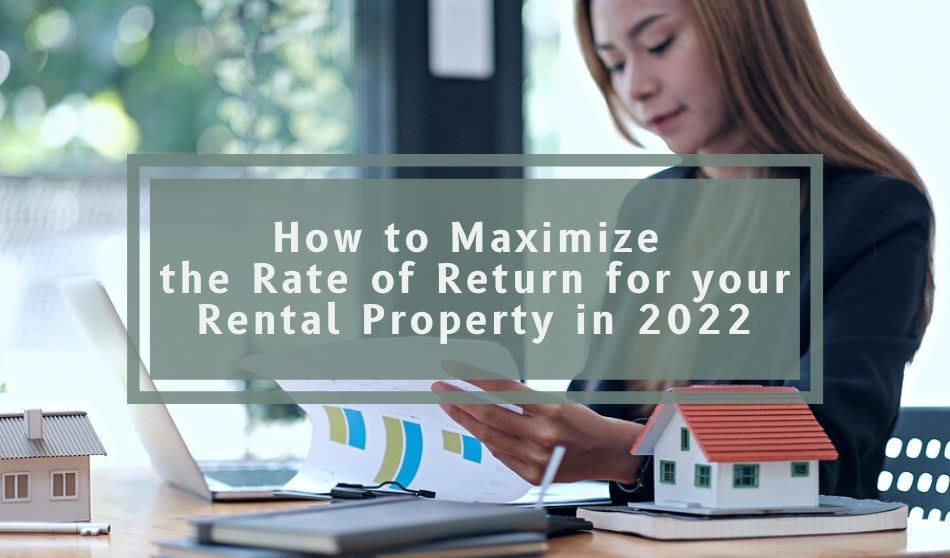
Image courtesy of www.rentecdirect.com via Google Images
Tips for Property Managers
As a property manager, one of your main responsibilities is to create a rental agreement that lays out all the important details about living in the property. This includes things like how much rent is, when it needs to be paid, what happens if it’s late, and what responsibilities the tenant has when it comes to taking care of the property. It’s essential to be very clear and specific in these agreements so that there are no misunderstandings later on.
By crafting a detailed and easy-to-understand rental agreement, you can avoid any confusion or disagreements with your tenants. This can help create a positive and harmonious relationship between you and the people living in your property. Remember, communication is key in any successful rental arrangement.
Handling Tenant Issues
Being a landlord comes with responsibilities, and one of them is making sure the people who live in your property are happy and taken care of. Sometimes issues can come up, but knowing how to handle them fairly is essential.
Dealing with Problems
If a tenant comes to you with a problem, like a leaky faucet or a broken door, it’s important to address it promptly. Listen to their concerns and act quickly to fix the issue. Keeping the property in good condition shows that you care about their well-being.
Communication is Key
Open and clear communication is vital when it comes to dealing with tenant issues. Make sure your tenants feel comfortable coming to you with any problems they may have. Being approachable and responsive can help prevent small issues from turning into big ones.
Respecting Privacy
As a landlord, respecting your tenants’ privacy is crucial. Make sure to give them notice before entering the property for inspections or repairs. Showing respect for their personal space can help foster a positive landlord-tenant relationship.
Handling Disputes
Sometimes disagreements may arise between you and your tenants. It’s important to address these disputes calmly and professionally. Try to find a fair solution that works for both parties and, if needed, involve a mediator to help resolve the issue peacefully.
Using Technology for Management
Technology can make managing a rental property a breeze! By utilizing computers and apps, property managers can streamline their tasks and stay organized more efficiently. Let’s dive into how technology can help you in managing your rental property.

Image courtesy of www.robgasca.com via Google Images
Efficient Communication
One of the great benefits of technology in property management is the ability to communicate quickly and effectively. With email, text messaging, and property management software, you can easily stay in touch with tenants, contractors, and other stakeholders. This ensures that everyone is on the same page and can address any issues promptly.
| Optimize Rental Returns: Management Tips | |
|---|---|
| Tip | Description |
| 1. Screen Tenants Carefully | Perform thorough background checks on potential tenants to ensure reliable payments and minimal issues. |
| 2. Maintain Regular Communication | Stay in touch with tenants to address concerns promptly and maintain a positive landlord-tenant relationship. |
| 3. Keep Up with Maintenance | Regularly inspect and maintain your property to prevent costly repairs and maintain its value. |
| 4. Set Competitive Rental Rates | Research market trends to set rental rates that are competitive yet profitable for your property. |
| 5. Address Issues Promptly | Respond quickly to tenant complaints and address maintenance issues to keep tenants satisfied. |
Organized Maintenance
Property management software can help you keep track of maintenance requests, schedules, and repairs. By using these digital tools, you can create a system that ensures all maintenance tasks are addressed promptly and efficiently. This leads to a well-maintained property and happy tenants.
Financial Management
Technology can also assist in managing the financial aspects of your rental property. With accounting software and online payment tools, you can easily track rent payments, expenses, and generate financial reports. This makes it easier to keep track of your income and expenses, ensuring that you are optimizing your rental revenue.
Remote Management
Thanks to technology, property managers can now oversee their rental properties remotely. With smart home technology like security cameras, smart locks, and thermostats, you can monitor your property from anywhere. This provides peace of mind and allows you to respond quickly to any emergencies or issues that may arise.
By embracing technology in your property management efforts, you can enhance efficiency, communication, and organization, ultimately optimizing your rental returns while providing quality service to your tenants.
Staying Legal and Safe
When you decide to rent out a property, it’s not just about finding tenants and collecting rent. There are important rules and regulations that property owners need to follow to ensure everything is legal and safe for everyone involved.
Knowing the Rules
Property management strategies should always include understanding the laws and regulations that govern rental properties. These rules vary from place to place, so it’s crucial to know what applies in your location. This includes things like safety standards, tenant rights, and fair housing laws.
Documentation and Compliance
One of the best property management tips to follow is keeping detailed records of all agreements, inspections, and repairs. By documenting everything properly, you can show that you’re following the rules and keeping the property in good condition. Make sure to also comply with any licensing or registration requirements in your area.
Safety First
Ensuring the safety of your tenants should always be a top priority. This means making sure the property meets safety standards, such as having working smoke alarms and carbon monoxide detectors. Regular maintenance checks can help prevent accidents and keep everyone safe.
Legal Assistance
If you’re unsure about any legal aspects of property management, don’t hesitate to seek help from professionals. Hiring a lawyer or working with a property management company can provide you with the guidance you need to stay compliant with the law and protect yourself from any legal issues.
Optimizing for Long-Term Success
When you manage a rental property, it’s not just about making money now. You also want to think about the future. Let’s explore why thinking long-term is crucial and how you can set yourself up for success in the years to come.
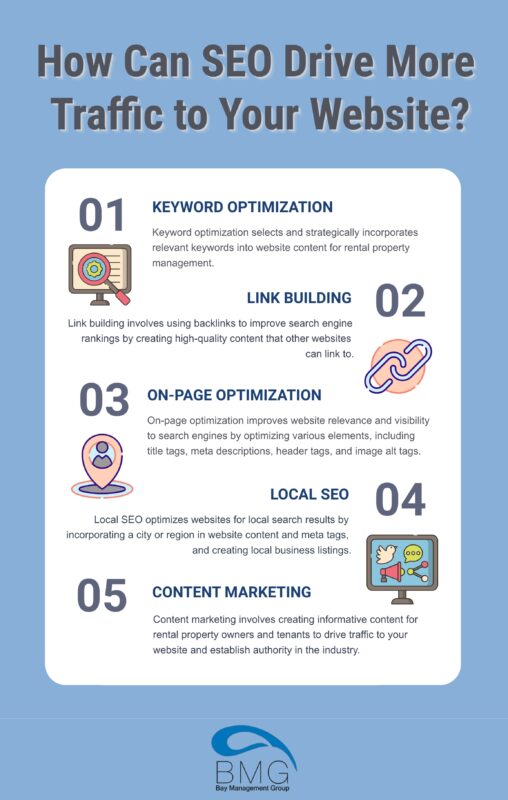
Image courtesy of www.baymgmtgroup.com via Google Images
Planning for the Future
One key aspect of optimizing your rental property for long-term success is planning ahead. Think about what you want to achieve with your property in the next few years. Are you looking to increase your rental income? Maybe you want to expand your portfolio of properties. By setting clear goals and creating a roadmap for reaching them, you can ensure that you stay on track and continue to grow.
Maintaining Your Property
Keeping your rental property in good condition is essential for ensuring its long-term success. Regular maintenance and upkeep can prevent costly repairs down the line and help preserve the value of your investment. Make sure to address any issues promptly and invest in improvements that will attract and retain quality tenants.
Building Relationships with Tenants
Strong relationships with your tenants can contribute significantly to the long-term success of your rental property. By fostering open communication, addressing concerns promptly, and showing that you care about their well-being, you can encourage tenants to stay longer, take better care of the property, and even refer new renters to you. Building a positive reputation as a landlord can lead to greater stability and profitability in the long run.
Adapting to Market Changes
The real estate market is always evolving, and as a property manager, you need to be prepared to adapt to these changes. Keep an eye on rental trends, market fluctuations, and new regulations that may impact your property. By staying informed and being proactive in adjusting your strategies, you can position your rental property for long-term success despite changing conditions.
By focusing on these key areas and thinking strategically about the future, you can optimize your rental property for long-term success and continue to reap the rewards of your investment for years to come.
Conclusion: Key Takeaways
In managing a rental property, there are several key strategies to keep in mind to ensure success. By following these tips for property managers and implementing effective property management strategies, you can optimize your rental property for maximum returns. Here are the main points to remember:
Rental Property Optimization
Optimizing your rental property involves setting the right rental price, finding the best tenants, maximizing rental space, and thinking about long-term success. By focusing on these aspects, you can increase your rental revenue and enhance the overall profitability of your property.
Property Management Strategies
Implementing solid property management strategies is crucial for the smooth operation of your rental property. From handling tenant issues to staying legal and safe, having a clear understanding of how to manage your property effectively will ensure long-term success.
Landlord Management Advice
As a property manager, it’s important to handle tenant issues with fairness and professionalism. By offering clear rental agreements and using technology for management, you can streamline the process and create a positive living environment for your tenants.
By incorporating these tips and strategies into your rental property management practices, you can optimize your property for success and increase your rental returns.
FAQs
1. How do I find good tenants for my rental property?
Finding good tenants for your rental property is crucial to ensure that they take care of the place and pay rent on time. You can start by advertising your property on websites, social media, or local newspapers. It’s also important to screen potential tenants by checking their references, credit history, and employment status to make sure they are reliable.
2. What should I include in a rental agreement?
A rental agreement is a legal document that outlines the rules and responsibilities of both the landlord and the tenant. It should include details like the rent amount, due date, lease duration, maintenance responsibilities, and rules about pets, smoking, or noise. Both parties should read and understand the agreement before signing it to avoid any misunderstandings.
3. How can I handle maintenance issues effectively?
Managing property maintenance is essential to keep your rental property in good condition and make sure your tenants are happy. You can create a maintenance schedule, respond to repair requests promptly, and hire trustworthy contractors for more significant issues. Regular inspections can also help catch problems early before they escalate.
4. What technology can I use to help manage my rental property?
There are several technology tools available to help property managers streamline their rental operations. You can use software or apps to advertise vacancies, screen tenants, collect rent online, track expenses, and communicate with tenants easily. These tools can save time, minimize errors, and make your job as a landlord more efficient.
Idaho Poperty Management
